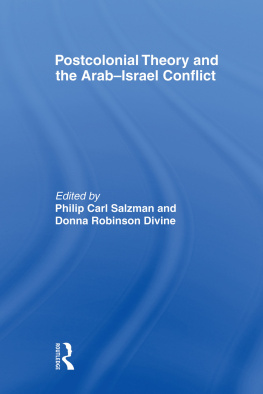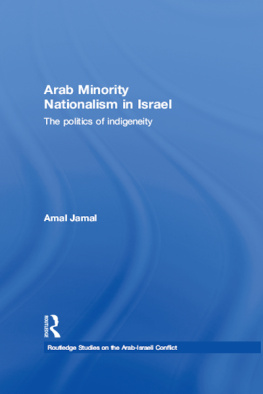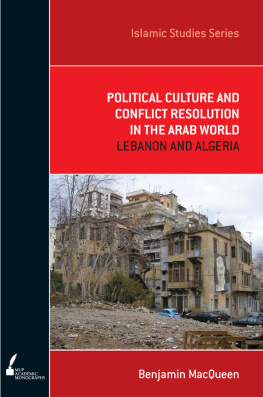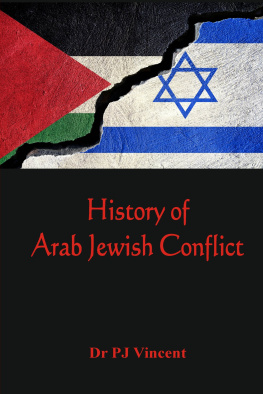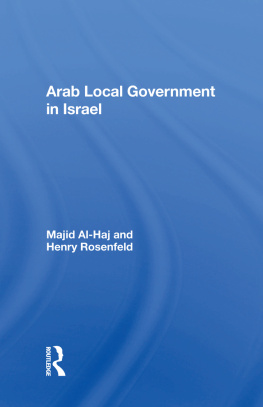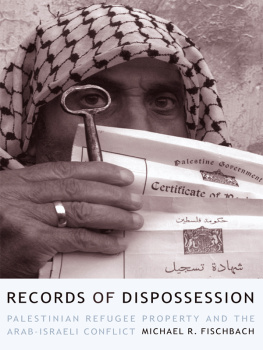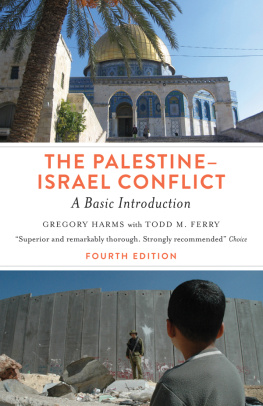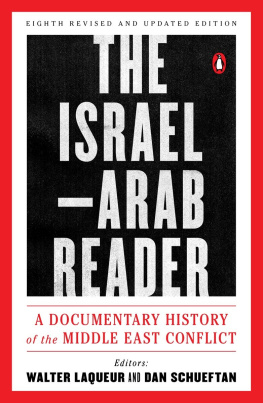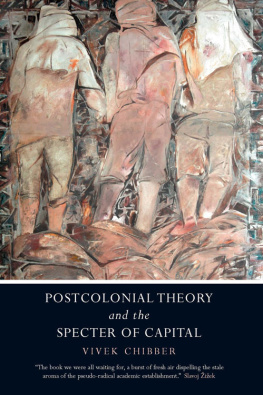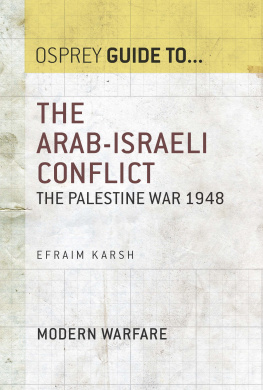Carl Salzman Philip - Postcolonial Theory and the Arab-Israel Conflict
Here you can read online Carl Salzman Philip - Postcolonial Theory and the Arab-Israel Conflict full text of the book (entire story) in english for free. Download pdf and epub, get meaning, cover and reviews about this ebook. year: 2008, publisher: Routledge, genre: Politics. Description of the work, (preface) as well as reviews are available. Best literature library LitArk.com created for fans of good reading and offers a wide selection of genres:
Romance novel
Science fiction
Adventure
Detective
Science
History
Home and family
Prose
Art
Politics
Computer
Non-fiction
Religion
Business
Children
Humor
Choose a favorite category and find really read worthwhile books. Enjoy immersion in the world of imagination, feel the emotions of the characters or learn something new for yourself, make an fascinating discovery.
- Book:Postcolonial Theory and the Arab-Israel Conflict
- Author:
- Publisher:Routledge
- Genre:
- Year:2008
- Rating:4 / 5
- Favourites:Add to favourites
- Your mark:
- 80
- 1
- 2
- 3
- 4
- 5
Postcolonial Theory and the Arab-Israel Conflict: summary, description and annotation
We offer to read an annotation, description, summary or preface (depends on what the author of the book "Postcolonial Theory and the Arab-Israel Conflict" wrote himself). If you haven't found the necessary information about the book — write in the comments, we will try to find it.
Postcolonial Theory and the Arab-Israel Conflict — read online for free the complete book (whole text) full work
Below is the text of the book, divided by pages. System saving the place of the last page read, allows you to conveniently read the book "Postcolonial Theory and the Arab-Israel Conflict" online for free, without having to search again every time where you left off. Put a bookmark, and you can go to the page where you finished reading at any time.
Font size:
Interval:
Bookmark:
- The theoretical assumptions and formulations of postcolonial theory.
- The deleterious impact on academic disciplines of postcolonial theory.
- The distorted postcolonial view of history, its obsession with current events to the exclusion of the historical basis of events.
- An examination of Middle Eastern culture as a victim of Western intrusion.
- The one-sided case of postcolonial Arabism in the ArabIsrael conflict.
Arab-Israel Conflict
Philip Carl Salzman and Donna Robinson Divine

2 Park Square, Milton Park, Abingdon, Oxon, OX14 4RN
by Routledge
270 Madison Avenue, New York, NY 10016
A catalogue record for this book is available from the British Library
ISBN 10: 0-415-49576-8 (pbk)
ISBN 13: 978-0-415-44325-8 (hbk)
ISBN 13: 978-0-415-49576-9 (pbk)
- Introduction
DONNA ROBINSON DIVINE
IRFAN KHAWAJA- Postcolonialism and the Utopian Imagination
RONALD NIEZEN - Orientalism and the Foreign Sovereign: Today I am a Man of Law
ED MORGAN - Mistakenness and the Nature of the Post: The Ethics and the Inevitability of Error in Theoretical Work
LAURIE ZOLOTH
HERBERT S. LEWIS- Postcolonial Theory and the Ideology of Peace Studies
GERALD M. STEINBERG
EFRAIM KARSH- The Muslim Mans Burden: Muslim Intellectuals Confront their Imperialist Past
DAVID COOK - Negating the Legacy of Jihad in Palestine
ANDREW G. BOSTOM
PHILIP CARL SALZMAN- Edward Said and the Culture of Honour and Shame: Orientalism and Our Misperceptions of the ArabIsraeli Conflict
RICHARD LANDES
GIDEON SHIMONI- De-Judaizing the Homeland: Academic Politics in Rewriting the History of Palestine
S. ILAN TROEN - The Middle East Conflict and its Postcolonial Discontents
DONNA ROBINSON DIVINE - The Political Psychology of Postcolonial Ideology in the Arab World: An Analysis of Occupation and the Right of Return
IRWIN J. MANSDORF
- Conclusion: Reflections on Postcolonial Theory and the ArabIsrael Conflict
PHILIP CARL SALZMAN - Index
Font size:
Interval:
Bookmark:
Similar books «Postcolonial Theory and the Arab-Israel Conflict»
Look at similar books to Postcolonial Theory and the Arab-Israel Conflict. We have selected literature similar in name and meaning in the hope of providing readers with more options to find new, interesting, not yet read works.
Discussion, reviews of the book Postcolonial Theory and the Arab-Israel Conflict and just readers' own opinions. Leave your comments, write what you think about the work, its meaning or the main characters. Specify what exactly you liked and what you didn't like, and why you think so.

